
9 Habits You Need To Adopt Today To Stop Alzheimer’s or Dementia Before It Starts
Alzheimer’s and Dementia: Understanding the Risk and How to Protect Your Brain
Alzheimer’s disease is currently the 6th leading cause of death in the United States, claiming more lives each year than breast cancer and prostate cancer combined. Despite its devastating impact, much of the medical community’s attention is still centered on slowing progression with drugs and therapies rather than preventing the disease before it starts.
The truth is, if you understand the nature of dementia and Alzheimer’s, you can make lifestyle changes today that protect your brain from decline later in life.
What is Dementia?
The Alzheimer’s Association defines dementia as:
“a general term for a decline in mental ability severe enough to interfere with daily life. Dementia is not a specific disease. It’s an overall term that describes a wide range of symptoms associated with a decline in memory or other thinking skills severe enough to reduce a person’s ability to perform everyday activities.”
Dementia is diagnosed when two or more cognitive functions are significantly impaired, such as:
-
Memory
-
Communication and language
-
Focus and attention
-
Reasoning and judgment
-
Visual perception
Because dementia is progressive, the symptoms worsen over time. It may start with small lapses—like forgetting where you put your keys—but it can eventually lead to forgetting the names of loved ones, neglecting to eat, or losing the ability to care for yourself.
The disease damages brain cells and interferes with the way they communicate, ultimately affecting thinking, movement, mood, and behavior.
Risk Factors for Dementia
While dementia can affect anyone, certain factors increase the risk:
-
Traumatic head injuries
-
Thyroid dysfunction
-
Depression or chronic stress
-
Low physical activity and sedentary lifestyle
-
Obesity and poor nutrition
-
Vitamin deficiencies (especially B vitamins and vitamin D)
-
Certain long-term medications
-
High cholesterol
-
High blood pressure
-
Diabetes and insulin resistance
-
Excessive alcohol use
-
Smoking
-
Advanced age
-
Family history of Alzheimer’s or dementia
If you fall into one or more of these categories, making preventive lifestyle changes now can strengthen your brain health and reduce your risk later in life.
Dementia vs. Alzheimer’s
Dementia is an umbrella term, while Alzheimer’s disease is the most common form of dementia, accounting for 60–80% of cases.
Other types include:
-
Vascular dementia
-
Dementia with Lewy bodies
-
Mixed dementia (a combination of types)
-
Parkinson’s disease dementia
-
Frontotemporal dementia
-
Creutzfeldt-Jakob disease
-
Normal pressure hydrocephalus
-
Huntington’s disease
-
Wernicke-Korsakoff syndrome
Signs of Alzheimer’s Disease
Early symptoms include:
-
Difficulty remembering recent events, names, or places
-
Apathy, mood changes, or depression
As the disease progresses, symptoms may involve:
-
Confusion and disorientation
-
Trouble communicating
-
Poor judgment
-
Behavioral changes
-
Difficulty swallowing, walking, or speaking
Biologically, Alzheimer’s is linked to beta-amyloid plaques, tau protein tangles, and the gradual death of nerve cells in the brain.
9 Natural Strategies for Preventing Alzheimer’s
If you’re at higher risk—whether due to age, lifestyle, or family history—you can take proactive steps to protect your brain. Prevention may not be complicated, but it requires consistency and commitment.
1. Quit Smoking
Smoking not only raises your risk of cancer and heart disease but also dramatically increases dementia risk.
A large Finnish study found that smoking two or more packs a day between ages 50 and 60 nearly doubled the risk of dementia later in life. The good news? Former smokers and those who smoked less than half a pack a day did not show the same risk.
Researchers believe the danger lies in the way smoking triggers oxidative stress and chronic inflammation, both of which damage brain cells.
💡 If quitting feels overwhelming, consider natural herbs and detox strategies to ease withdrawal, reduce cravings, and support lung repair.
News in the same category


Medicinal Health Benefits of Turmeric, Curcumin and Turmeric Tea Based on Science

The best way to lower blood pressure fast!
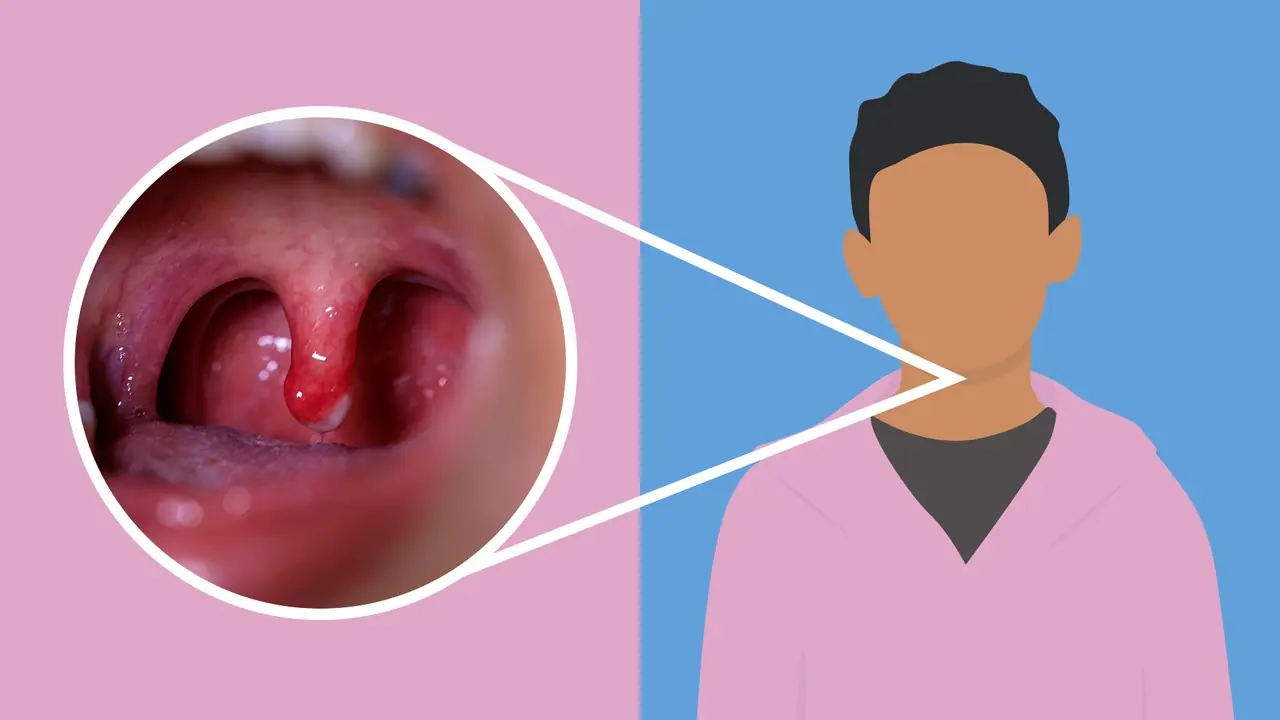
Get Rid of Throat Mucus Faster With These Highly Effective Natural Remedies
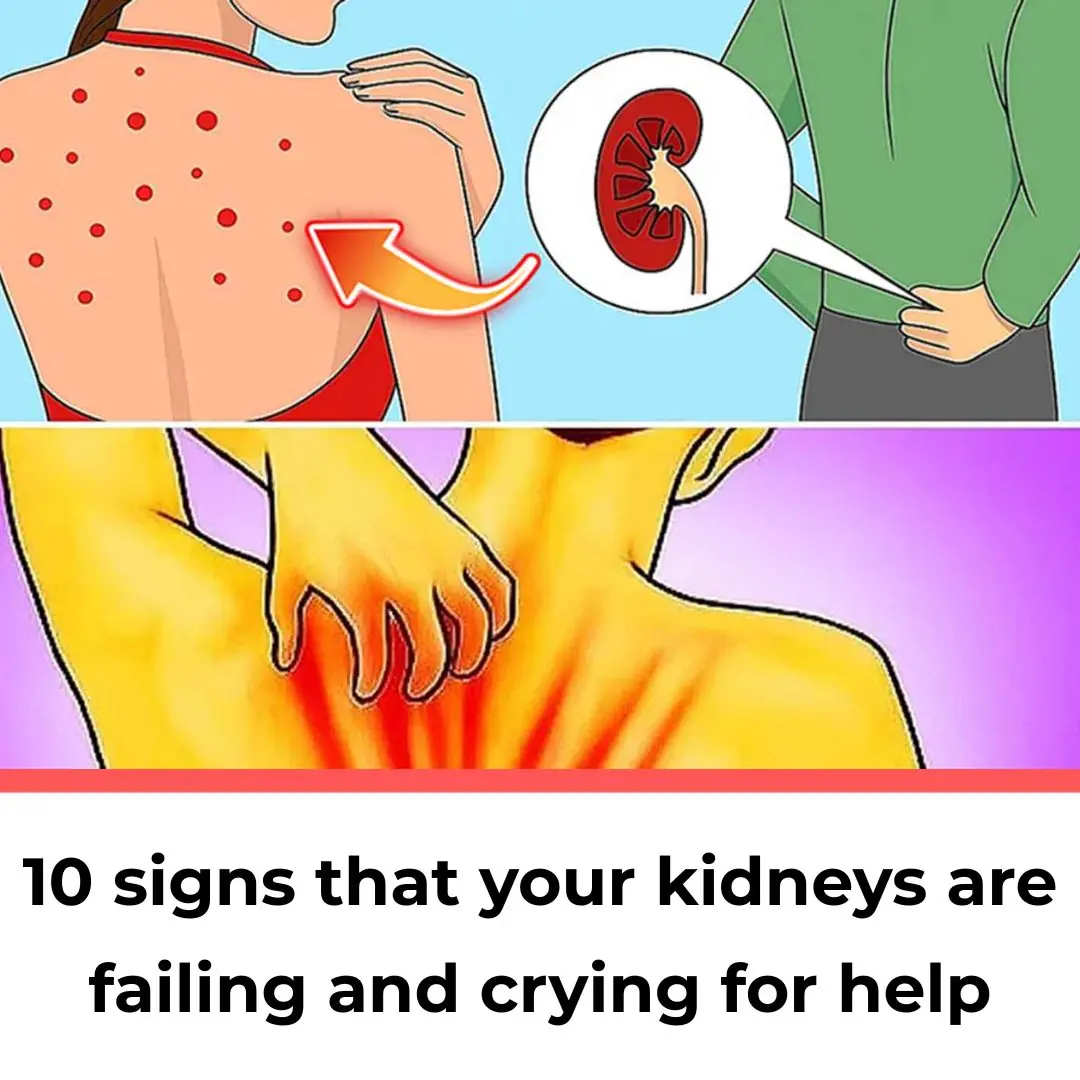
10 Symptoms of Kidney Disease

EAR PAIN EXPLAINED Causes, Relief & When to See a Doctor

Men Over 60: Chew This for 60 Seconds to Boost Energy & Confidence

How to Lose Weight with Cucumber! Simple & Quick Morning Recipe
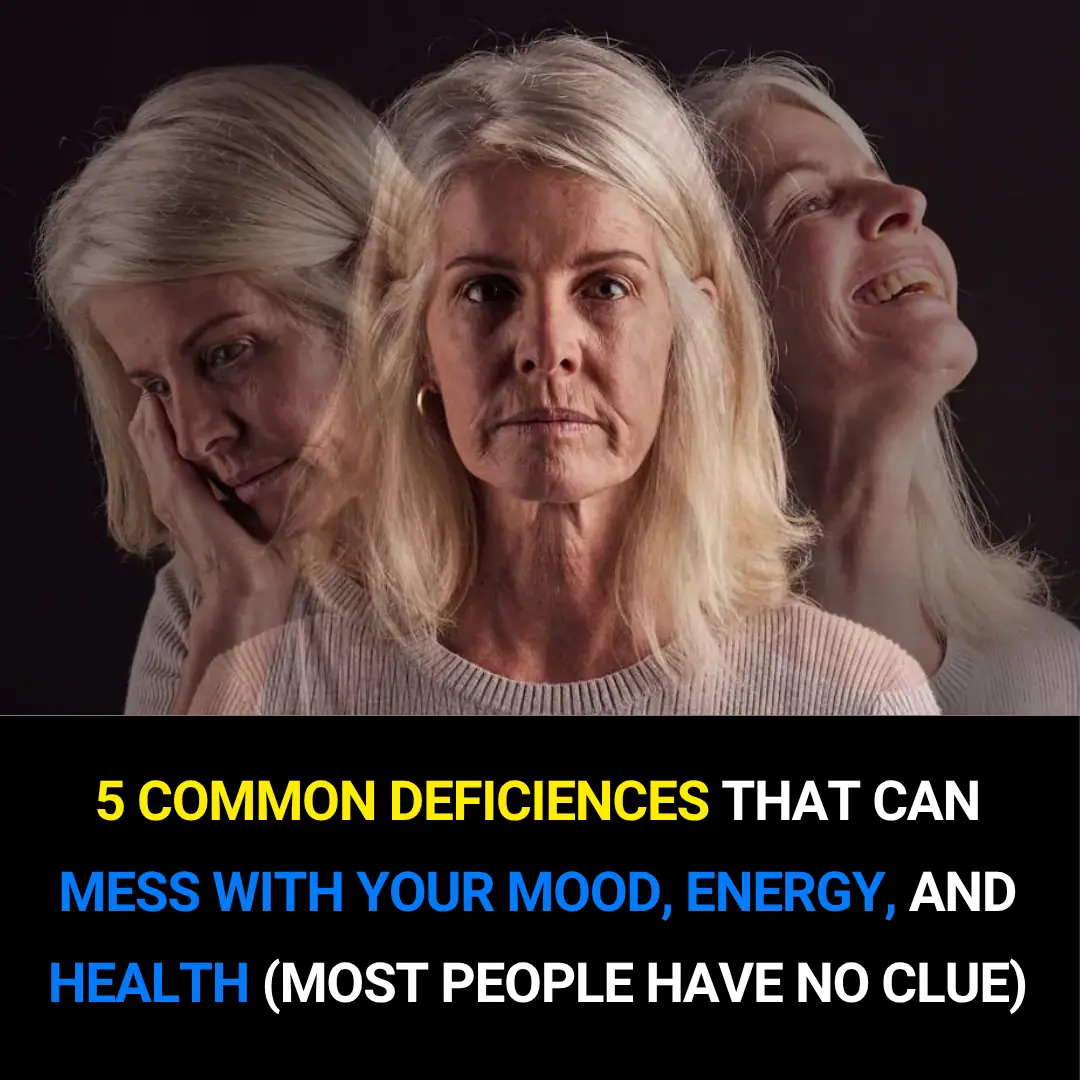
5 Deficiencies Almost Everyone Has (But Doesn’t Know About)

Scientifically Proven Health Benefits of Papaya (Fruit) and Uses for the Seeds

Scientifically Proven Health Benefits of Extra Virgin Olive Oil

Sharp Pain in Ear: Causes, Treatments, and When to See a Doctor
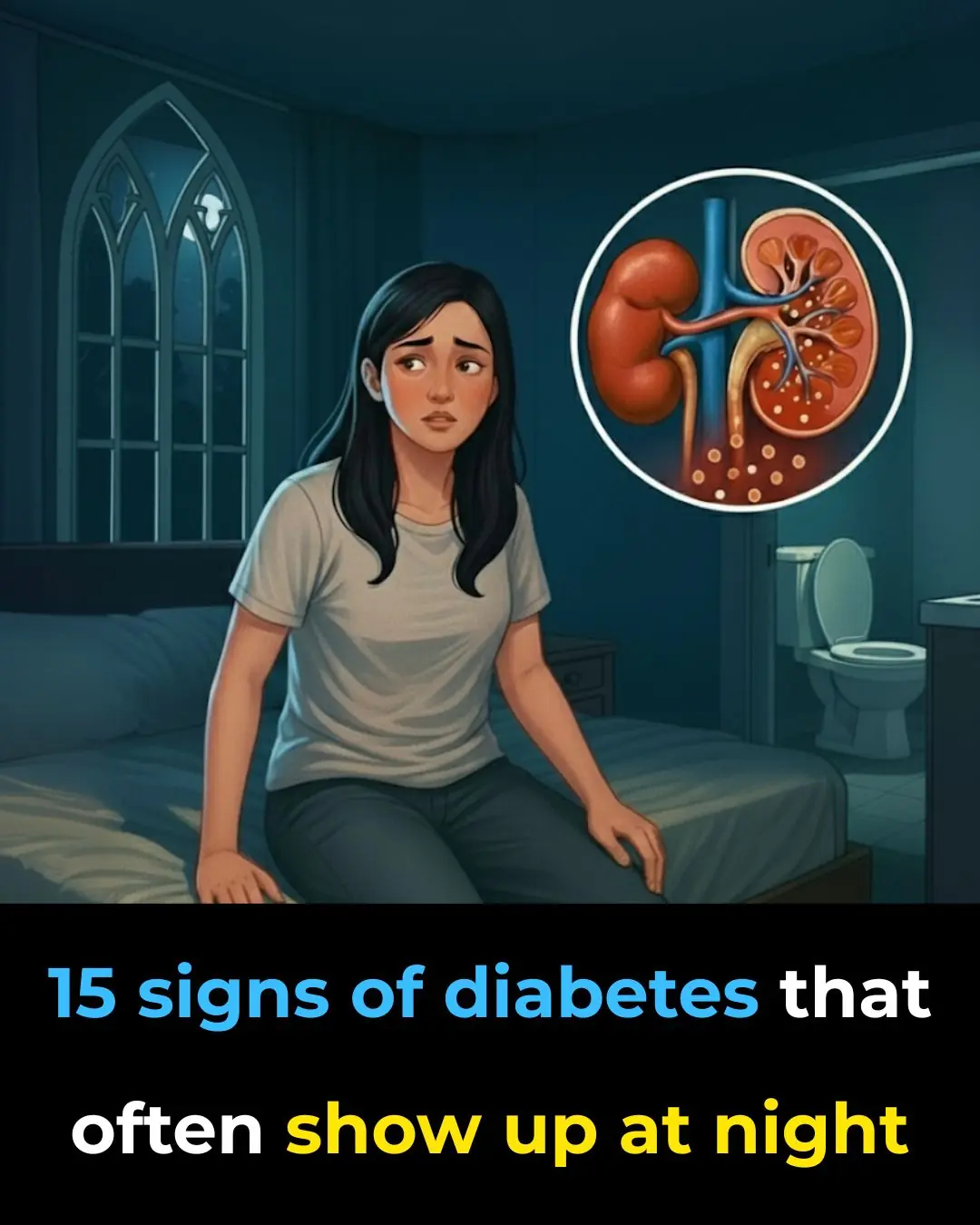
15 Nighttime Signs of Diabetes You Shouldn’t Ignore

Side effect of stopping omeprazole as NHS issues warning over use

Proven Health Benefits of Banana and Banana Peel Based on Science

Worrying health reality of what it means if you leave skids in the toilet
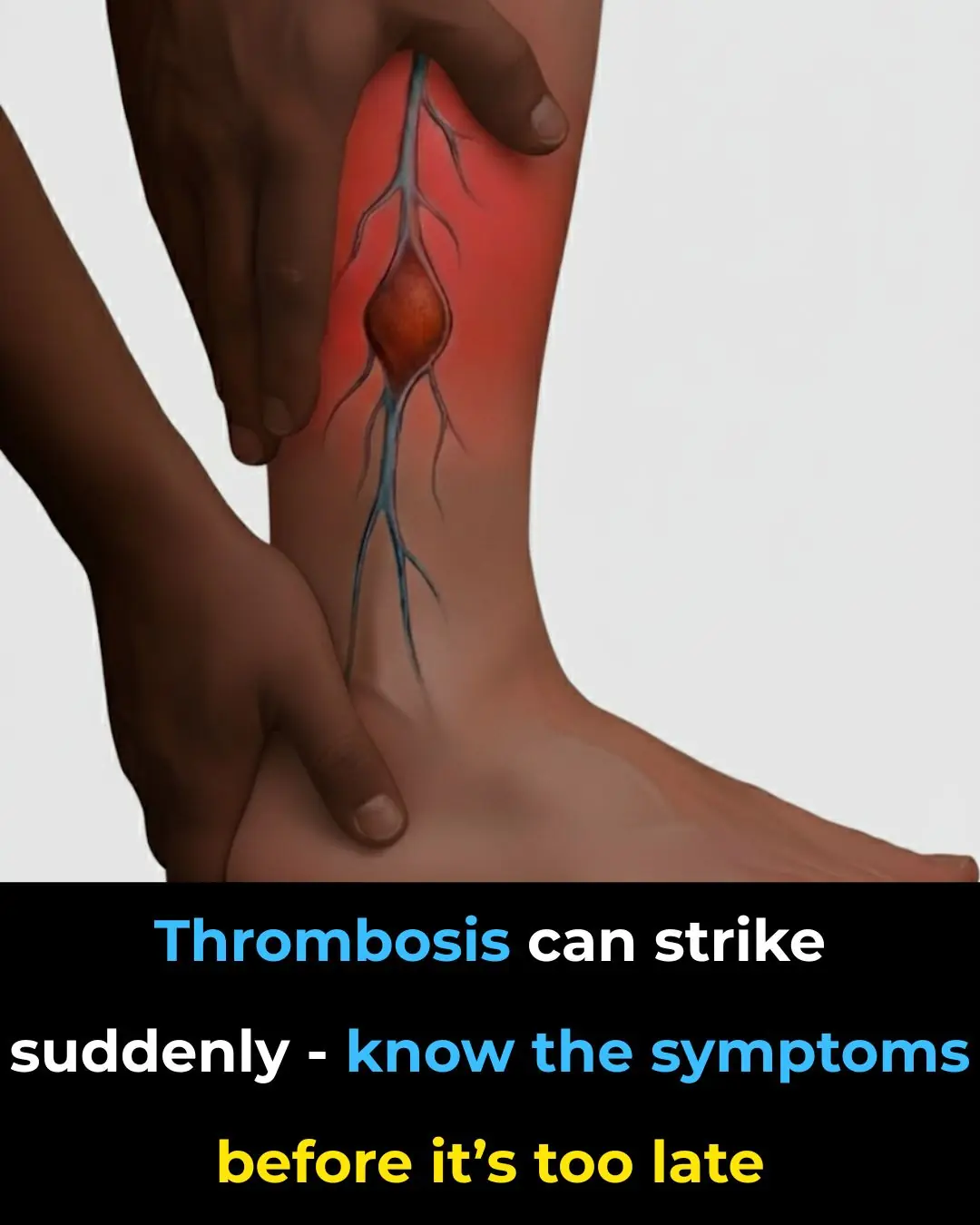
Blood Clot in Leg: Signs and Symptoms You Shouldn’t Ignore (Pictures Included)
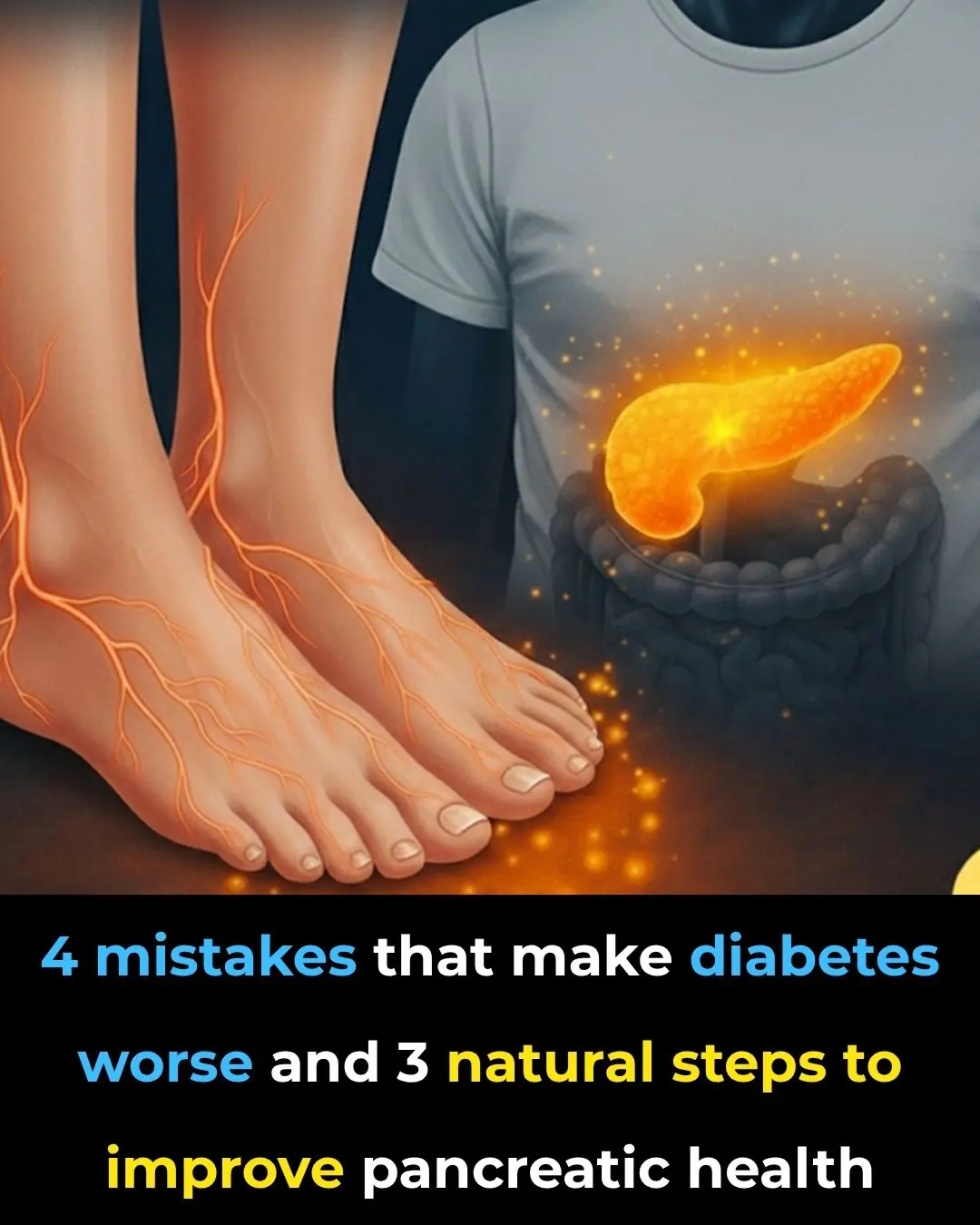
4 diabetes mistakes you MUST avoid + 3 Secrets to naturally regenerate your pancreas!
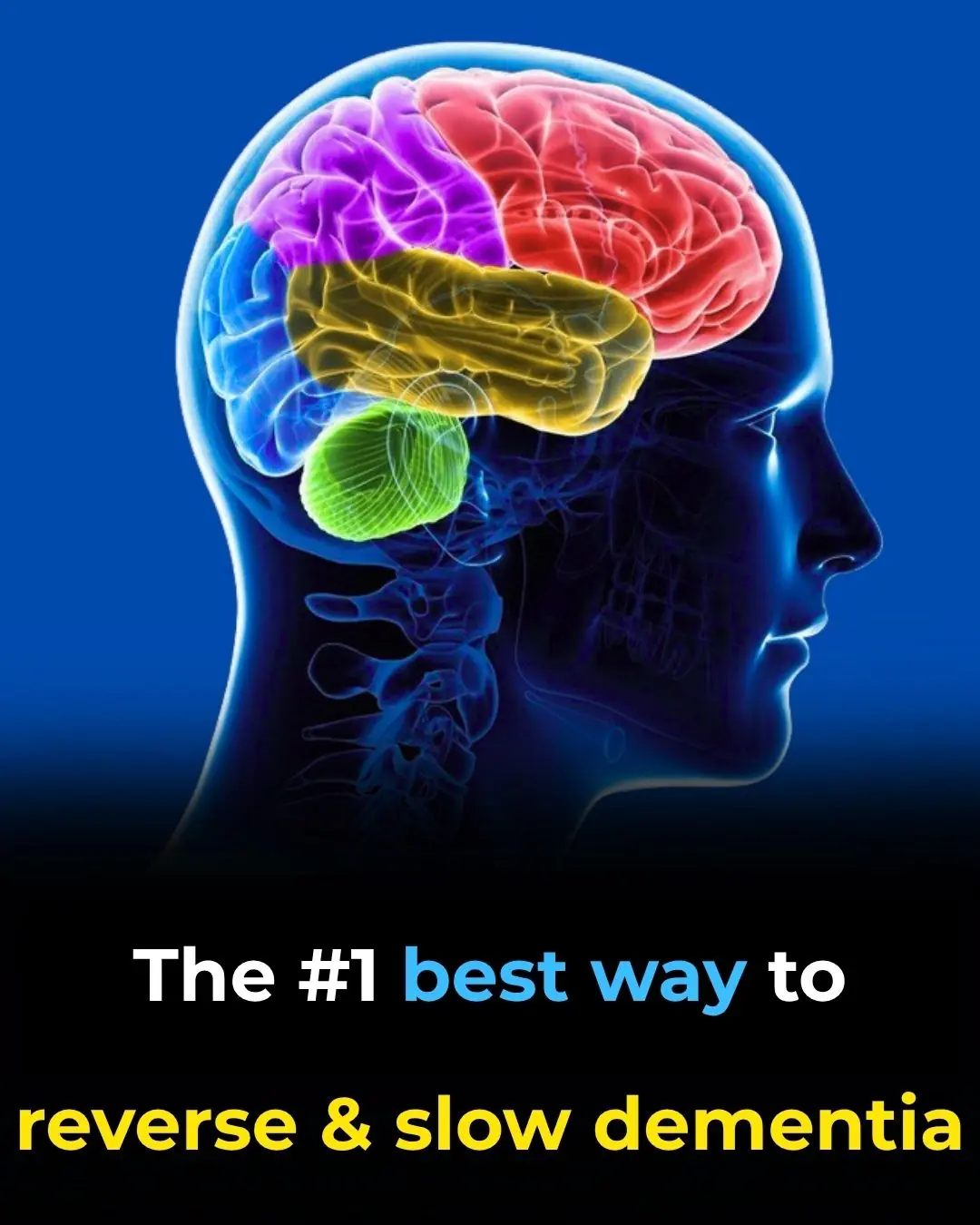
#1 best way to reverse & slow dementia
News Post

Aloe Vera and Cinnamon Remedy: Natural Benefits for Eye Health, Immunity, and Healing
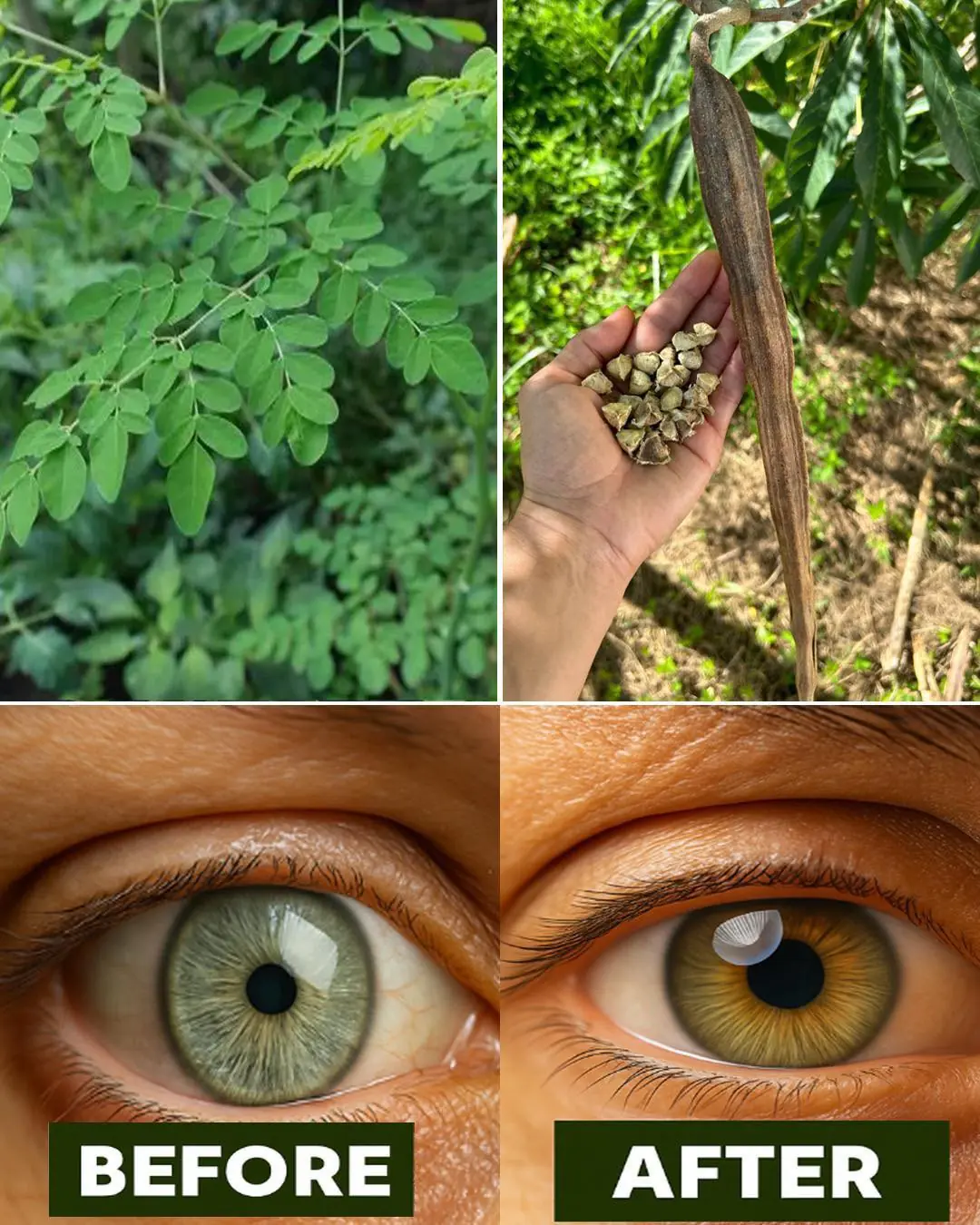
12 Powerful Benefits of Moringa Seeds

Goldenberries (Physalis peruviana): A Nutrient-Packed Powerhouse for Health and Vision
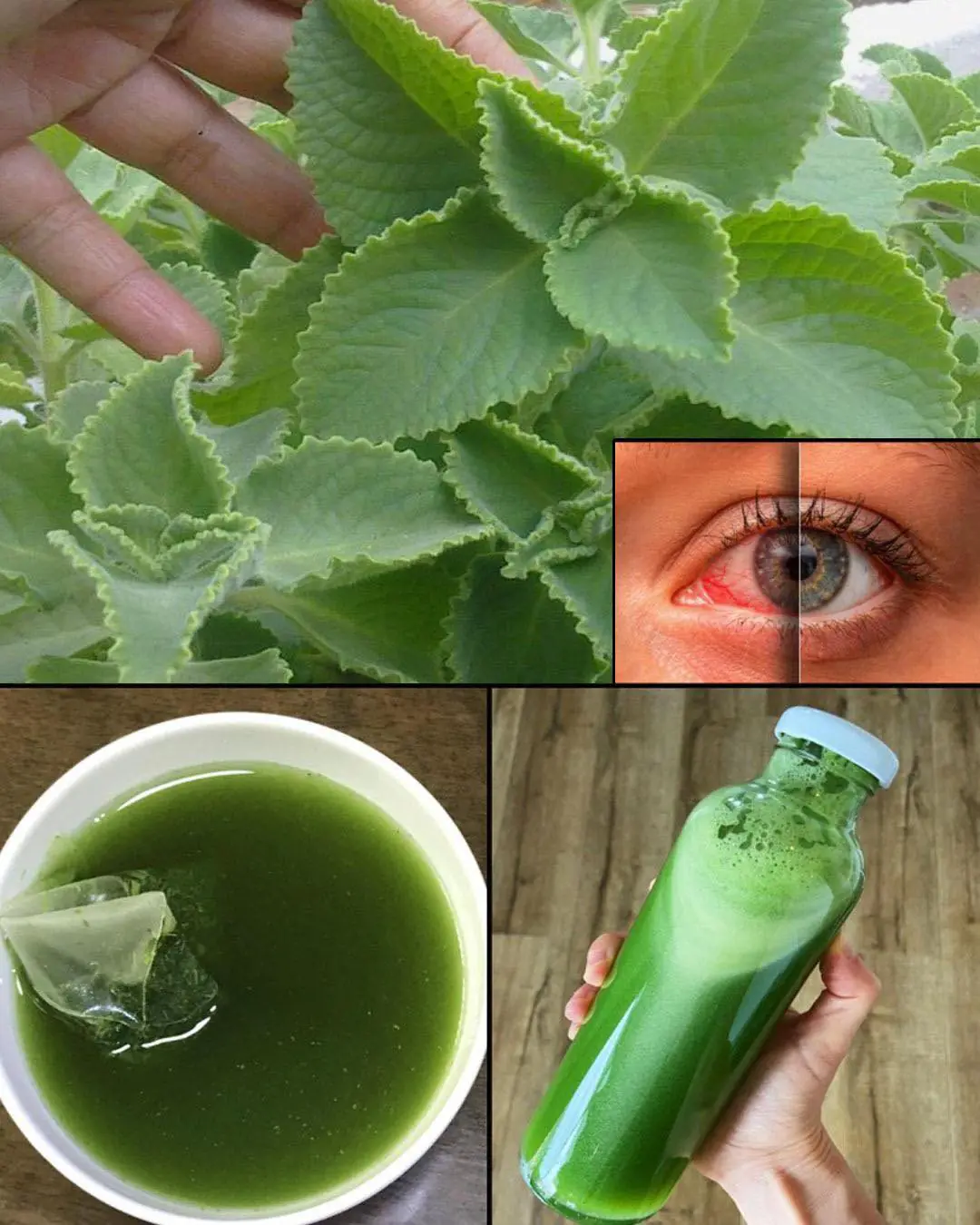
Oregano: The Golden Herb for Eye Health

Some of the Benefits of Castor Leaves and the Seed

10 Benefits and uses of purslane

Chanca Piedra (Stonebreaker): Benefits and Uses

Do you need to unplug the rice cooker after the rice is cooked: The surprising answer November 27, 2024

7 Benefits Of Papaya Seeds & How To Consume Them Correctly

Bougainvillea likes to 'eat' this the most, bury it at the base once and the flowers will bloom all over the branches

The elders say: "If you put these 3 things on top of the refrigerator, no matter how much wealth you have, it will all be gone." What are these 3 things?

Can rice left in a rice cooker overnight be eaten? Many people are surprised to know the answer.

After boiling the chicken, do not take it out immediately onto a plate. Do one more thing to make sure the chicken is crispy, the meat is firm, and the skin does not fall apart when cut.

Cut this fruit into small pieces and put it in the pot to boil the duck: The bad smell is gone, the meat is fragrant, soft and flavorful.

Warts on Hands: Causes and Effective Natural Treatments

Medicinal Health Benefits of Turmeric, Curcumin and Turmeric Tea Based on Science
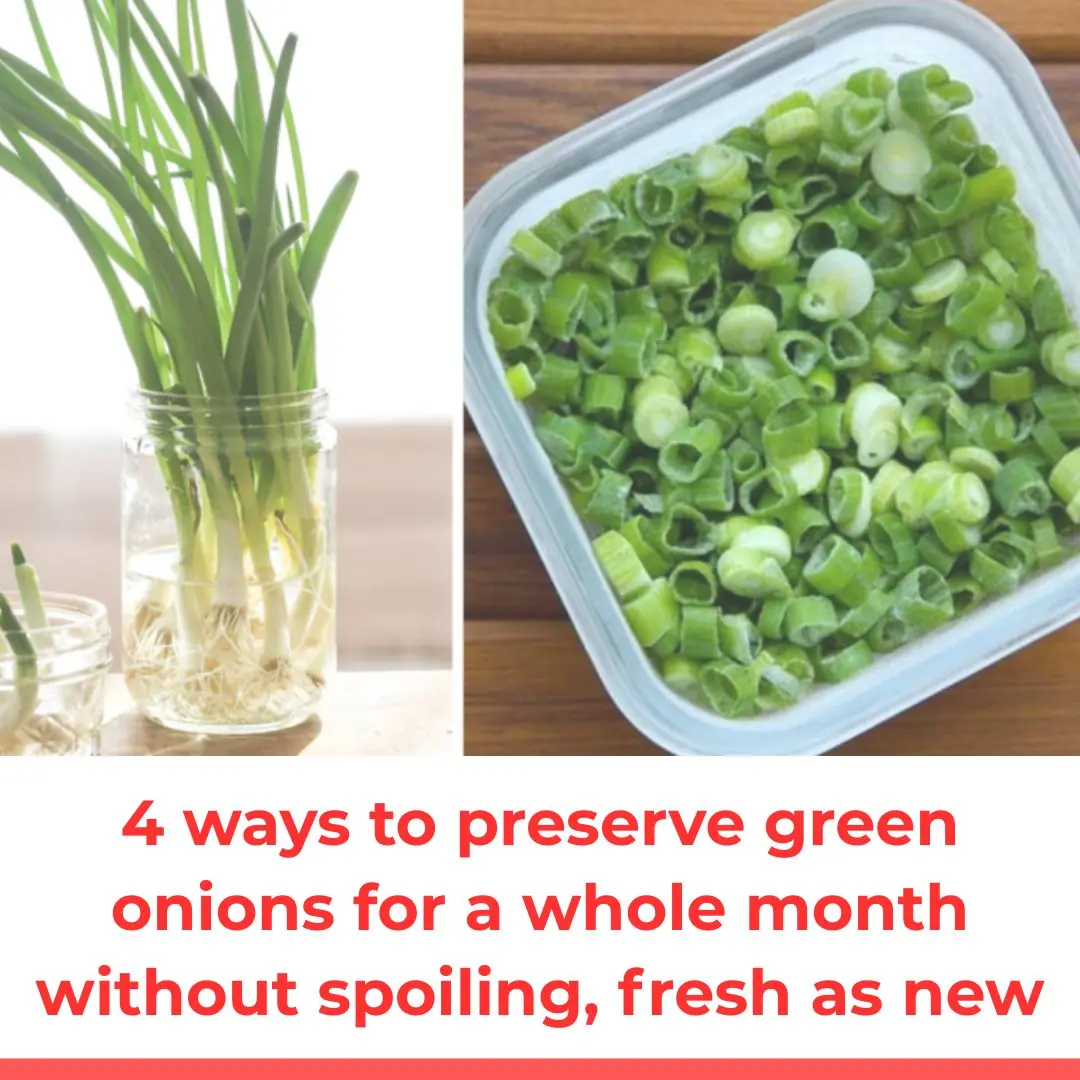
4 ways to preserve green onions for a whole month without spoiling, fresh as new

The best way to lower blood pressure fast!
